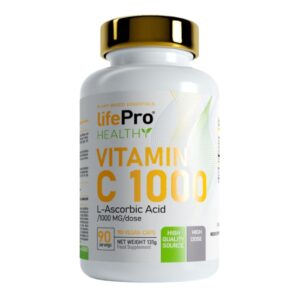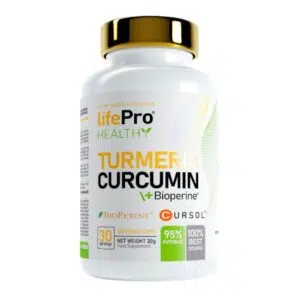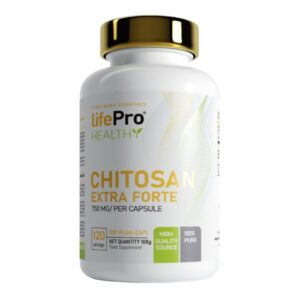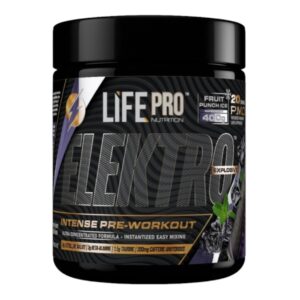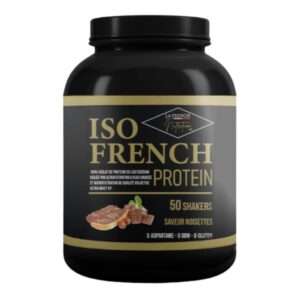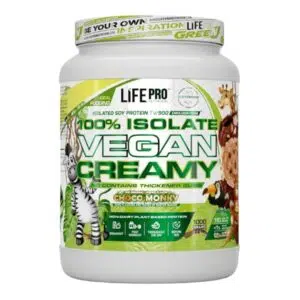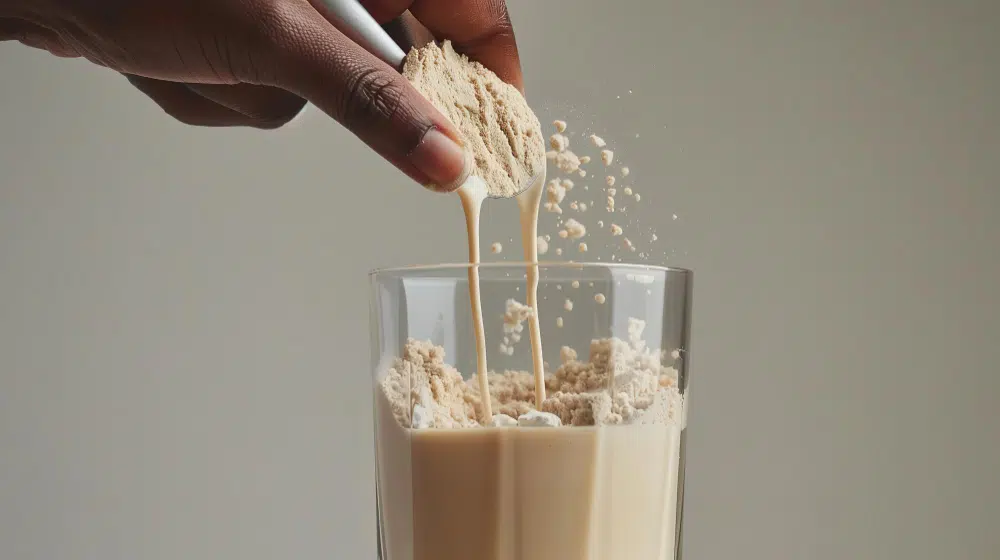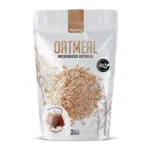Proteins play an essential role in building and maintaining muscles. They are all the more important for bodybuilders, who work intensively on their muscle mass through various exercises. Let's answer the question: how much protein do I need to build muscle on a regular basis? All about the quality of protein sources and the influence of certain factors on this recommendation.
Recommended protein intake for bodybuilding
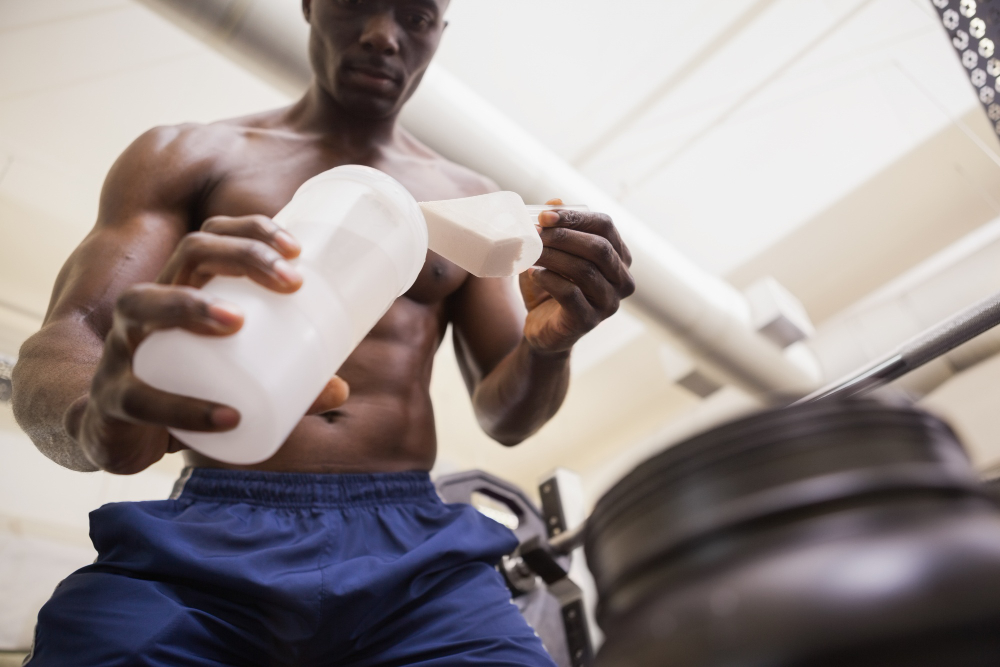
To fully understand protein requirements, we first need to look at recommended intakes for the general public. Health authorities generally recommend protein intakes of between 0.8 and 1 g per kilo of body weight per day for healthy individuals. These recommendations vary considerably according to a number of criteria:
- Weight: the heavier you are, the more protein you need to support your body.
- Age: protein requirements increase with age, particularly after 65.
- Gender: men generally have higher needs than women due to their greater muscle mass.
- Level ofphysical activity: regular, intense physical activity increases protein requirements to sustain effort and promote recovery.
Protein levels in relation to body weight
To determine the right amount of protein per day for bodybuilding, you need to take your body weight into account. Experts generally agree that 1.2 to 2.2 grams of protein per kilogram of body weight is sufficient to maximize muscle fiber growth and prevent breakdown.
Calculating and distributing daily protein intake
- Determine your minimum protein requirement by multiplying your weight (in kg) by 1.2.
- Determine your maximum protein requirement by multiplying your weight (in kg) by 2.2.
- Then spread the total amount of protein required (minimum or maximum) over the day's meals.
Let's take the example of an 80 kg man who's building muscle for weight gain. Based on general recommendations, he should consume between 128 and 176 g of protein per day (80 kg x 1.6 to 2.2 g). To facilitate meal planning, this amount can be spread over the main meals of the day:
- Breakfast: 30 g
- Breakfast: 50 g
- Post-training snack: 20 g
- Dinner: 50 g
The influence of various personal and environmental factors
When it comes to bodybuilding, protein requirements are even greater than normal. In fact, the practice of this discipline involves increased demand on the muscles, which need to benefit from all the nutrients they need to develop and strengthen. Muscle-builders are advised to consume between 1.6 and 2.2 g of protein per kilo of body weight per day, an amount that can be adjusted according to individual factors:
- Objectives (weight gain, lean, maintenance);
- Level of practice (beginner, intermediate, advanced);
- Training volume (number and intensity of weekly sessions);
- The type of protein consumed.
Training intensity
The more intense your exercise and the heavier your workload, the more protein you need to compensate for muscle breakdown. Consumption close to the recommended maximum values can therefore be beneficial in these situations.
Level of bodybuilding experience
Beginners generally need more protein than experienced exercisers, as their bodies have to build up a large amount of muscle tissue to adapt to new demands. As you progress, the need for protein decreases slightly, as you're already approaching your maximum genetic potential.
Specific objectives
For those whose main goal is to gain muscle mass, it may be wise to focus on protein consumption close to the recommended maximum, in order to maximize protein synthesis and thus promote anabolism.
On the other hand, for those seeking to lose weight or improve their body composition, a moderate protein intake is often sufficient.
The type of protein consumed
Not all protein sources are equivalent in terms of assimilation by the body and biological value. Choose complete proteins, such as those derived from dairy products, meat, fish, eggs and legumes combined with cereals, to ensure the best nutritional quality in your diet.
Choosing the right protein sources
Once the daily protein dosage has been established, it's essential to select the right foods to achieve this goal. There are two main categories of dietary protein:
Animal proteins
They are considered high quality due to their richness in essential amino acids. Among the best sources of animal protein are :
- Meat (beef, pork, lamb);
- Poultry (chicken, turkey);
- Fish (tuna, salmon, mackerel);
- Seafood (shrimp, mussels);
- Eggs;
- Dairy products (milk, yoghurt, cheese).
Plant proteins
They are also essential for a balanced diet, especially for vegetarian and vegan athletes. Among the best sources of plant proteins are :
- Legumes (lentils, chickpeas, kidney beans);
- Wholegrain cereals (rice, quinoa, bulgur);
- Seeds (chia, flax, sesame);
- Nuts (almonds, walnuts, peanuts);
- Tofu and soy products (tempeh, seitan);
- Vegetable protein powder (pea, hemp, rice).
Adapting your protein intake over time
It is essential to regularly monitor your protein intake so that you can adjust your daily dosage if necessary. In fact, various factors can influence protein requirements, forcing you to review the amount you need to consume:
- A change in weight or muscle mass;
- A change of objective (weight gain, leaning, strengthening);
- Modifications to training (volume, intensity, frequency);
- Level of experience and progress in bodybuilding.
A few tips to help you reach your protein goals
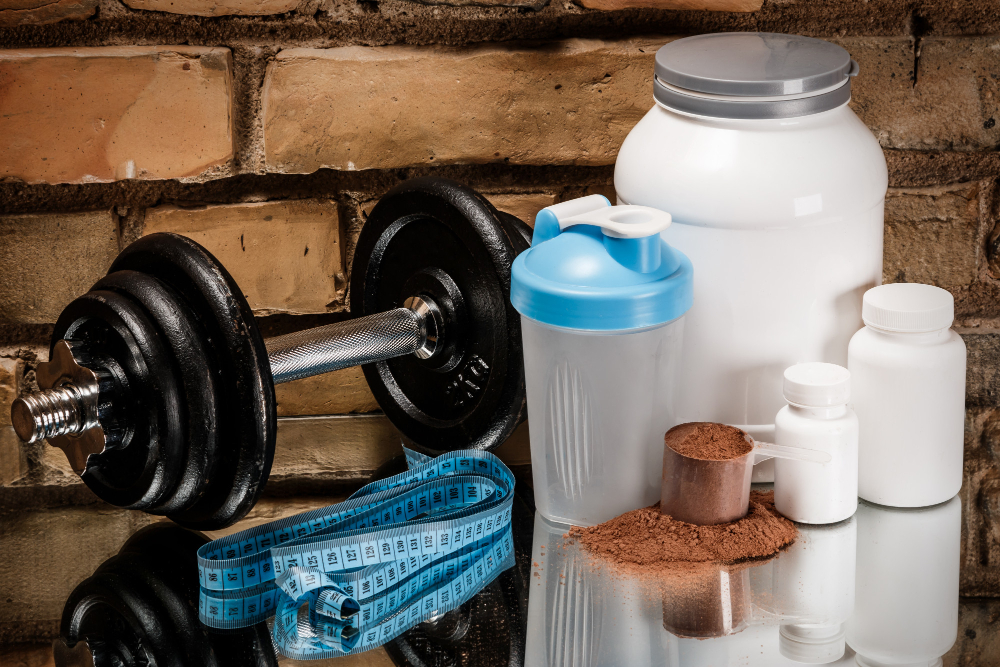
To effectively cover your protein needs for bodybuilding, here are a few tips:
- Eat protein-rich foods: vary your protein sources (animal and vegetable) to optimize the supply of amino acids essential for muscle growth.
- Limit low-protein foods: opt for more concentrated sources of protein (such as fromage frais, poultry, legumes and fish).
- Use dietary supplements to boost your protein intake: protein powders(whey, casein or vegetable) are practical and easy to incorporate into different types of meal.
Protein quantity per day for bodybuilding: summary
In short, it's important to accurately determine your protein requirements to optimize your bodybuilding results. Taking into account the various factors mentioned will enable you to establish a dosage adapted to each individual and choose the most appropriate protein sources. In this way, you can get the most out of your training and make rapid progress in your discipline.

